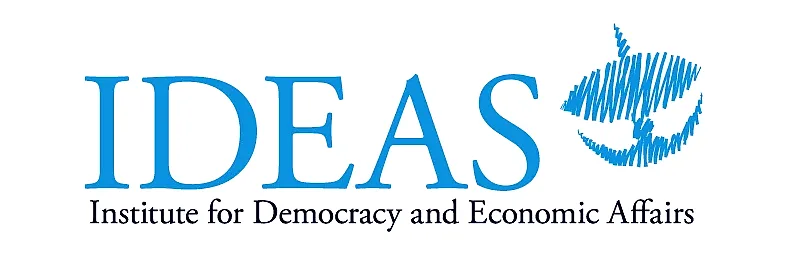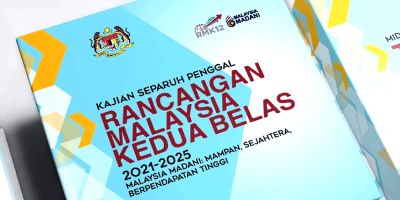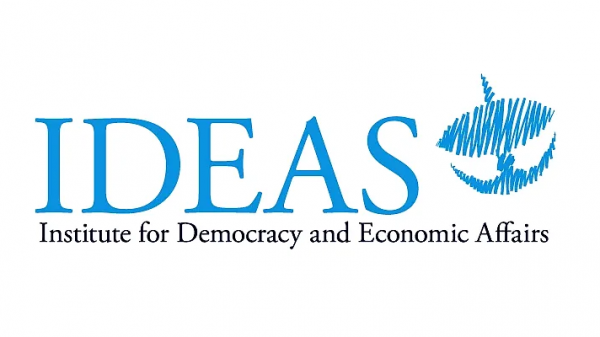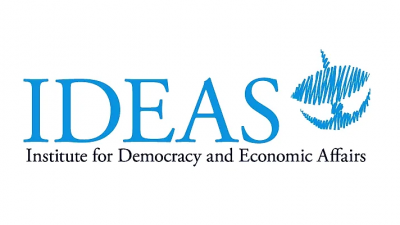
The Institute for Democracy and Economic Affairs (IDEAS) welcomes indications by the government that the incoming Budget will focus on fiscal consolidation and debt management.
Proposed measures should be part of a mid-term fiscal framework for sustainability.
Fiscal consolidation needs to be carefully balanced against the pressures for more support for those most impacted by the rising cost of living.
IDEAS welcomes plans by the government to reduce the high expenditure on subsidies given the need for Budget consolidation.
“Subsidy rationalization should take place as a medium-term plan by targeting support for the poor through the use of timely post-pandemic data,” said Dr. Juita Mohamad, Director of Research and Director of Economics and Business at IDEAS.
The COVID-19 pandemic still casts a long shadow on lower-income and marginalized groups in the country. With this, IDEAS calls for the social protection system to be strengthened as a whole.
Strengthening the existing social protection system to include instruments such as social safety nets, inclusive pension schemes and both active and passive labor policies can lessen the fiscal burden of the government in the long term, as they would also require market-financed initiatives and citizens’ contributions.
IDEAS also notes the proposed cuts to the Constituency Development Funds (CDF) in the name of fiscal prudence.
While welcoming this, IDEAS calls for a more equitable, rules-based allocation of the CDF in the future to ensure that all MPs have equal access to funds.
To ensure more transparency in how CDF is governed in Malaysia, IDEAS calls for the enactment of a CDF Act to make public relevant details such as the source of funding as well as the rules and procedures for the disbursement, procurement, reporting and monitoring of CDF allocations.
A CDF act would introduce greater accountability and encourage government agencies to play a greater role in providing welfare and infrastructure support to those in need.1
IDEAS also calls for the government to explore new sources of revenue, noting that Budget consolidation shouldn’t rely solely on spending cuts.
As argued by Dr. Tricia Yeoh, CEO of IDEAS, “It should be noted that government revenue in Malaysia is already low and trails comparative peers.
“The IMF recommends a tax yield of 15% of GDP as the minimum required for sustainable development, but in 2021 tax revenues as a share of GDP in Malaysia only stood at 11.2% of GDP. This comes after a decade of steady decline from a high of 15.6% of GDP in 2012.
“With government revenue expected to continue declining in 2023 due to moderating crude oil prices, the government should consider revising the personal income or sales and services tax.
“A conversation around the return of a form of consumption tax will also need to urgently happen in parallel with a revised social safety net.”
Yeoh added that the government needs to build fiscal space for rebalancing priorities in government expenditure, especially in the health sector which is chronically underfunded.
“The Budget needs to address critical infrastructure and service needs in healthcare and education.
“While IDEAS welcomes the increased allocation to the Ministry of Health (MOH) from 9.1% to 10.4% of the total Budget from 2019 to 2022, Malaysia still spends relatively less as compared to its peers such as Thailand and Singapore.
“Given that total public expenditure on health as a share of GDP has always hovered below 3%, public expenditure on health needs to be raised to eventually meet the World Health Organization’s recommended level of at least 5% of GDP in order to address critical issues of talent shortages and insufficient infrastructure capacity.
“As for education, IDEAS highlights the need for a nationwide study to investigate the impact of COVID-19 school closures on learning loss among students, particularly in marginalized and vulnerable groups, and to prioritize resources on addressing these impacts.”
Rerference:
ADVERTISEMENT
ADVERTISEMENT







































